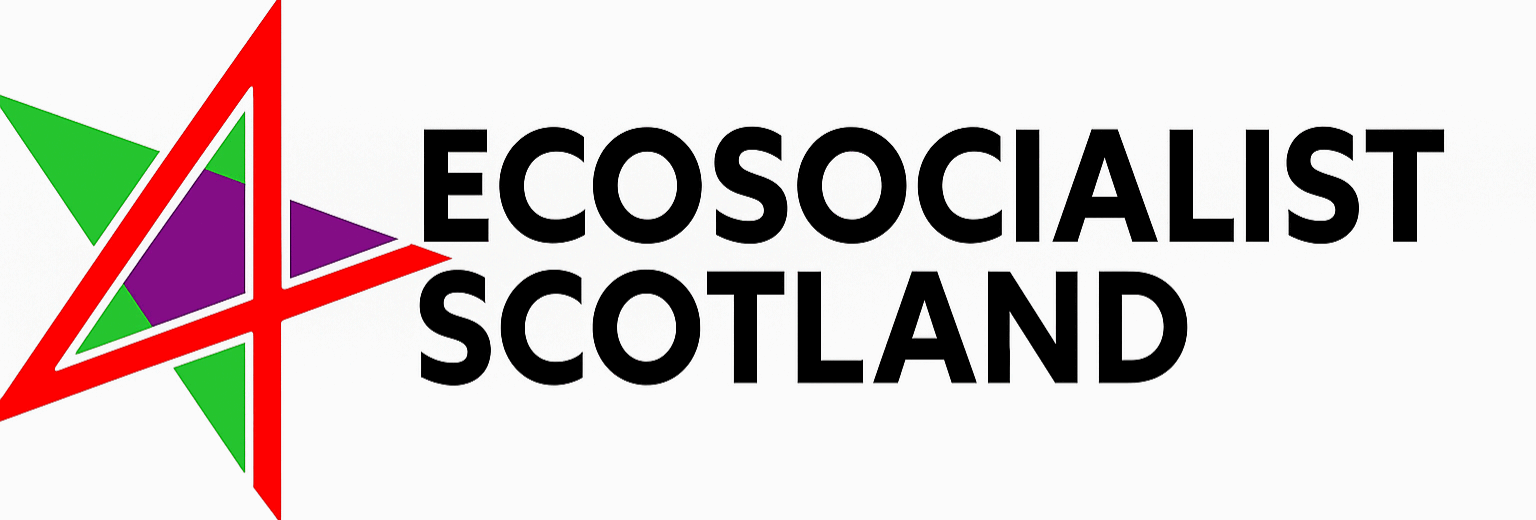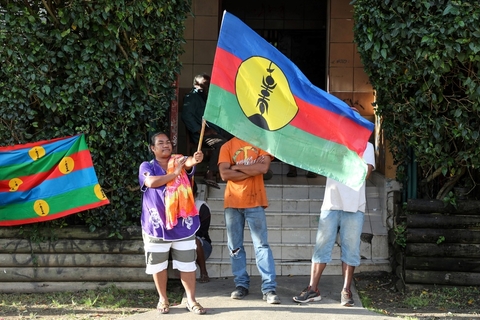We, the participants of the Yes camp, hope that this final consultation of the Nouméa Accord will take place in a serene and peaceful climate; everyone can see that this will not be the case. Since 6 September 2021, our country has been hard hit by the health crisis. The death toll continues to rise and the time has come for compassion and condolences for the families. The Covid-19 has created a climate of anxiety, the population is divided on the vaccination obligation and the health pass, both among the Yes and No supporters, in addition to its impact on the world of work, from sensitive sectors to those impacted by the reduction in their turnover. […]
A biased consultation
The final declaration of the Nainville-les-Roches round table of 12 July 1983 opened a 38-year long period in which the Kanak people decided to share their right to self-determination with the other ethnic groups present in New Caledonia. We invited the victims of colonial history, who no longer have any other country, to be part of us, through three consultations and through Caledonian citizenship. This citizenship open to others also provides non-Kanak citizens and communities with a political guarantee of equal treatment and inclusion in the common destiny. It secures the future of the populations concerned. It is the matrix of the legitimized people of this Country. Is there a forced march towards the destruction of this living together?
We refuse to be locked in, as the French State is trying to force us to do, in a choice between a solitary independence of rupture and a new status in France with the enlargement of the specific electoral body to the citizens of this Country. The State’s document on the consequences of Yes and No does not enjoy consensus. It was judged as “being neither more nor less than a propaganda manifesto for the No” by the 39th FLNKS congress on 21 August in Nouméa, and by the other pro-independence movements. […]
An irrevocable decision of non-participation
The Minister for Overseas France limits his arguments to a health situation that has become acceptable, without addressing the question of the social climate. In all countries, health and social issues go hand in hand, never one without the other. It would be more appropriate to work on the conditions for organizing a new electoral campaign and voting modalities for a consultation whose date would be agreed for September or October 2022 depending on the health situation, which would however, by that time, have continued in the local way of life.
The Nouméa Accord provides that in the event of a third No, the political forces will discuss the situation thus created. We will only respect the outcome of the last consultation if it takes place in a calm and peaceful social climate and after a fair campaign.
If the French State decides to maintain the date of 12 December, the political groups have already given notice of their irrevocable decision not to participate by not sending any propaganda material to the control commission for the referendum consultation.
Refusal of any commitment to the transition period
If the French state decides to maintain the date of 12 December, who will be around the table to discuss the following day? We won’t be there. We do not feel committed to the timetable of a period, transitional or otherwise, that would take us to June 2023.
The consequence of maintaining the date of 12 December will make it impossible to be serene about our institutional and economic future in the short or medium term. The French state will have to assume sole responsibility for the situation thus created. The population will not accept the result of a third consultation organized under the current conditions. When the time comes, if necessary, we will point out to the international community the failings, the underbelly and the shortcomings of a backward-looking state that does not keep its word and clings to the reductive schemes of yesteryear. The time of colonization is over.
Our future will be one of full and complete sovereignty, because today what divides us is French neo-colonization. We must put an end to this situation once and for all. We have always reiterated our desire to define a new link with France or other countries, as advocated in the Nouméa Accord. This choice is that of a sovereign State free to co-construct interdependence, as Jean-Marie Tjibaou stated. The deepening of these interdependencies or partnerships must be at the heart of the reflection on a project referendum for the 3rd consultation. But if it is absolutely necessary to choose between freedom and these interdependencies, then we will choose our freedom.
8 December 2021
Translated by International Viewpoint from L’Anticapitaliste.



